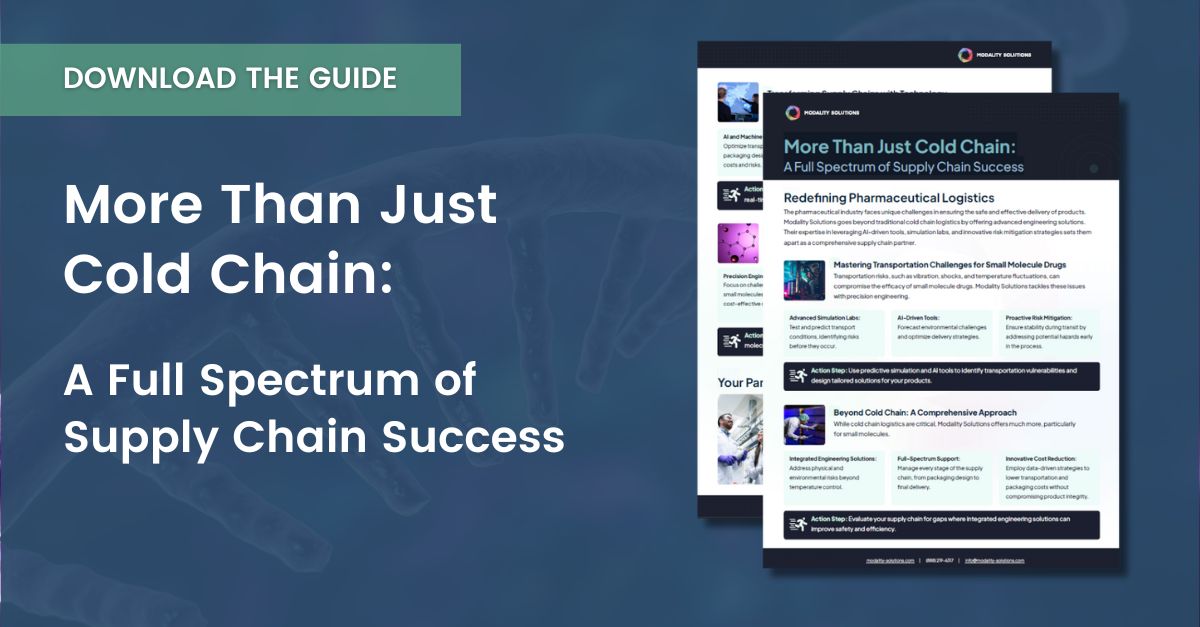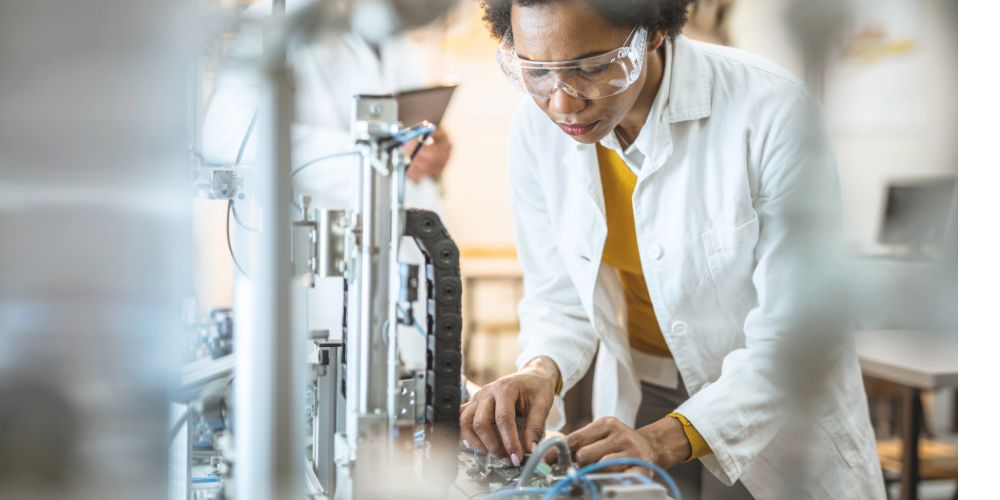No Temperature Controls Necessary For Small Molecules? Are You Sure?
Ensuring Quality for Small Molecule Therapy Supply Chains in a Growing Market Managing the...
read Details

Conducting clinical trials in remote locations poses additional vulnerabilities. A “Boots on the Ground” approach provides alignment with local resources, augmentation of training and preparedness, and an overall ‘elevated’ approach to the community which builds a foundation for support of future trials:
For clinical trials in difficult regions such as sub-Saharan Africa and Haiti, infrastructure and climate challenges make the pharmaceutical cold chain complex to manage. Enhancing the expertise of the in-country staff ensures they can support the pharmaceutical cold chain despite these obstacles, improving the odds of a successful clinical trial.
Contract research organizations (CROs), government agencies, and non-governmental organizations (NGOs) are conducting important clinical trials on vaccines to combat viruses that threaten the health of the population in emerging countries.
When conducting clinical trials in challenging environments, proper transport, handling, and storage of temperature-sensitive drug products and patient samples is a common concern. For instance, each drug product has different handling requirements, permissible temperature ranges, and preparation procedures.
It’s critical for in-country pharmacists and lab staff to understand these stringent requirements, to have access to appropriate equipment infrastructure, and to follow well-documented procedures for the receipt, storage, and handling of drug products and samples. It’s equally critical for facilities and maintenance staff members to understand the complexity of the cold chain, the importance of managing it properly, and the role they play in ensuring drug products and patient samples remain safe.
In supporting the work of clinical trial teams working on vaccines for Ebola, Lassa fever, and Chikungunya virus, Modality Solutions has learned that several best practices can help build the local expertise needed to ensure an effective cold chain.
The ability for in-country teams to build strong relationships with experienced partners is vital to ensuring they can support the clinical trial cold chain effectively. Partners like Modality Solutions regularly collaborate with CROs, NGOs, and government agencies, along with their local trial teams, to understand their needs and develop solutions to bring training, continuing education, and full-circle feedback from staff on the ground. These efforts create valuable alignments and maximize trial success.
When supporting clinical trials in difficult regions, there is no substitute for an in-country presence. For example, local site visits are crucial in assessing and enhancing the capabilities and preparedness of in-country teams to support these trials, especially from a cGDP and cGCP perspective. The value of ‘boots on the ground’ expertise is unparalleled, especially given the complexities experienced in these remote trial settings.
For clinical trials on with cold chain requirements, an important part of our “Boots on-the-Ground” presence is to improve local community awareness of the economic and medical benefits of bringing trials to the area, improving health and offering increased economic stability. This translates into increased support from in-country staff, setting the stage for additional trials in the area. In turn, the trials benefit from increased patient recruitment, retention, and returns in future trials. The goal is to build a community that supports advances in research and medicine, bringing many positives to the region.
In our work on clinical trials for Ebola, Lassa fever, and Chikungunya virus, Modality Solutions has delivered formal education for facilities, maintenance, and clinical staffs on topics like the impact of heat transfer and thermodynamics on the cold chain. The goal is to help clinical trial teams understand the role of the cold chain, the impact of temperature excursions on controlled-temperature vaccines and samples, and the steps they can take to minimize that risk. Advancing local competencies is an investment which accelerates the speed and increases the quality of trials in the area.
A critical parameter of cold chain trials is the reliability of equipment and infrastructure. In remote areas where extreme temperatures push equipment to the limits, the condition of key equipment such as refrigerators, generators, pumps, freezers and AC units can put a trial at risk. Companies like Modality Solutions have the expertise to assess these risks and provide local training to ensure stability of the trial infrastructure.
Thank you for reading! Modality Solutions regularly teams up with CROs, NGOs, and government agencies to augment their capabilities and help optimize and manage the cold chain, especially in challenging regions. Our “Boots on the Ground” approach ensures a high degree of alignment with local infrastructure, also bringing educational contributions to the local community through technical training and guidance on clinical trial practices.
Ensuring Quality for Small Molecule Therapy Supply Chains in a Growing Market Managing the...
read Details
Ensuring the safe, effective delivery of small molecule drugs is more challenging than ever....
read Details
At a Glance: Cold Chain Engineering: Modality Solutions focuses on enhancing drug delivery through...
read Details